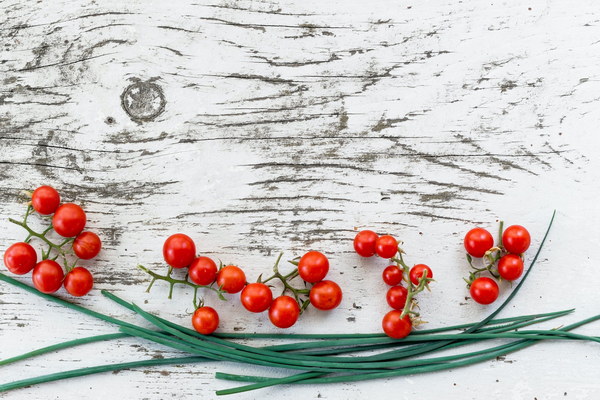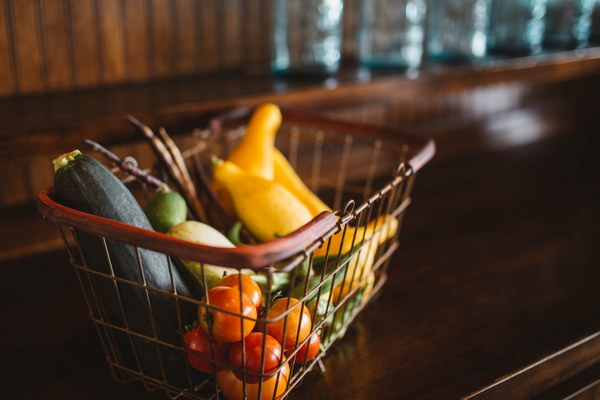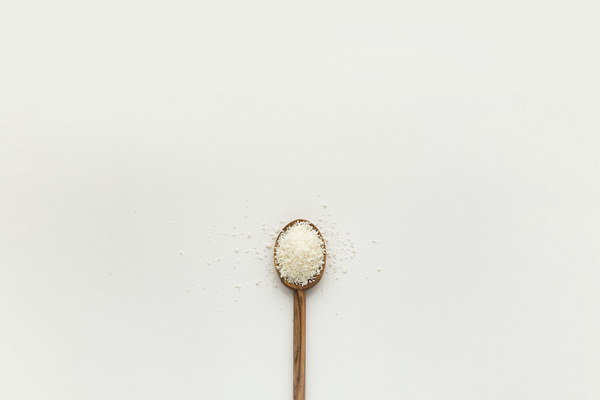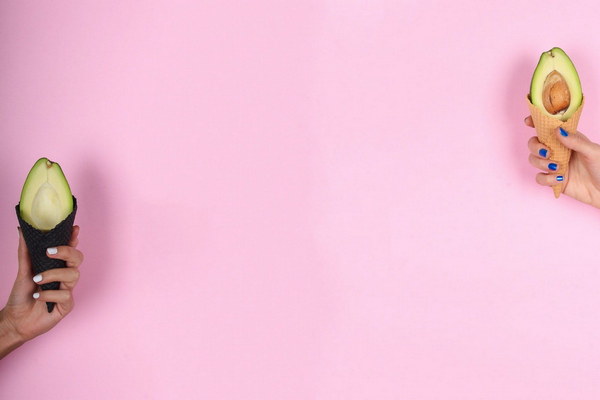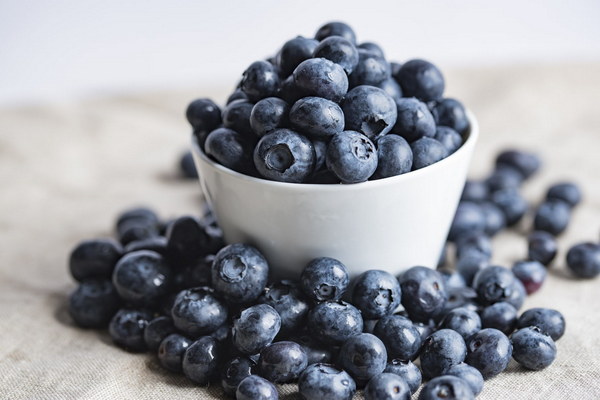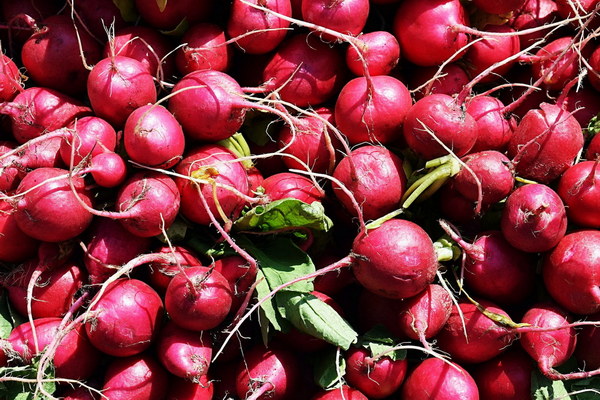The Unusual Practice of Snake Farmers Storing Pig Lungs at Home A Closer Look
In the world of exotic animal farming, snake breeders often come across a variety of peculiar practices. One such practice involves storing pig lungs in the homes of snake farmers. While it may sound unusual to some, this method has been used for years to provide a healthy and nutritious diet for these scaly pets. Let's take a closer look at why snake farmers store pig lungs at home and how this practice benefits their reptilian friends.
The reason snake farmers choose to store pig lungs in their homes lies in the nutritional value that this organ offers. Pigs are known to be excellent foragers, and their lungs contain a wealth of nutrients that are essential for the growth and development of snakes. Pig lungs are a rich source of proteins, vitamins, and minerals, making them a perfect food source for these animals.
One of the primary nutrients found in pig lungs is vitamin A, which is crucial for maintaining healthy skin, vision, and reproductive functions in snakes. Additionally, pig lungs contain a high level of vitamin D, which helps regulate calcium metabolism and bone growth. Calcium is vital for the proper functioning of the snake's musculoskeletal system, and adequate levels of this mineral can prevent bone deformities and other health issues.
Another reason for storing pig lungs at home is the convenience it offers. Preparing pig lungs for snakes can be a time-consuming process. By storing the organs, snake farmers can easily access them whenever needed, without the hassle of hunting for or purchasing them on the spot. This allows them to maintain a consistent feeding routine, which is essential for the well-being of their snakes.
Moreover, storing pig lungs at home ensures that the quality of the meat remains intact. Once the lungs are stored properly, they can be kept fresh for an extended period, reducing the risk of spoilage. This is particularly important for snake farmers, as spoilage can lead to foodborne illnesses and even death in their pets.
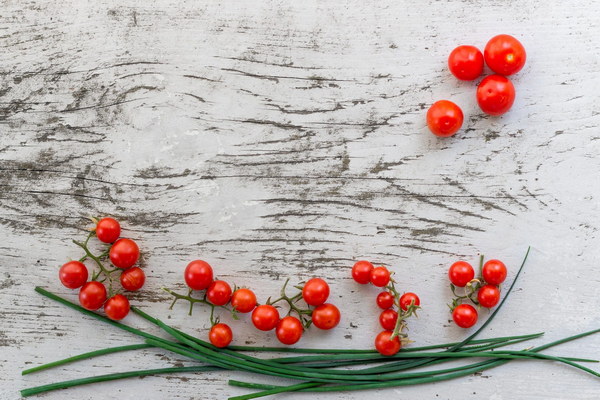
When storing pig lungs, snake farmers must take certain precautions to ensure the safety and health of their snakes. The lungs should be stored in a cool, dry place, away from direct sunlight and heat. Additionally, it's crucial to maintain proper hygiene during the handling and storage process, as bacteria and pathogens can easily contaminate the meat.
Once the pig lungs are stored, they can be prepared in several ways to suit the preferences of the snakes. Some farmers opt to simply cut the lungs into small, bite-sized pieces and feed them directly to the snakes. Others may prefer to cook the lungs to enhance their palatability and make them easier to digest. Whichever method is chosen, it's essential to ensure that the meat is thoroughly cooked to eliminate any potential pathogens.
In conclusion, the practice of storing pig lungs at home is a unique and beneficial method used by snake farmers to provide their pets with a nutritious and convenient diet. The high nutritional value of pig lungs, combined with the convenience and safety of storing them, makes this practice a valuable addition to the world of exotic animal farming. As long as proper precautions are taken to maintain hygiene and freshness, this unusual practice will continue to serve as an essential component of snake care for many years to come.

